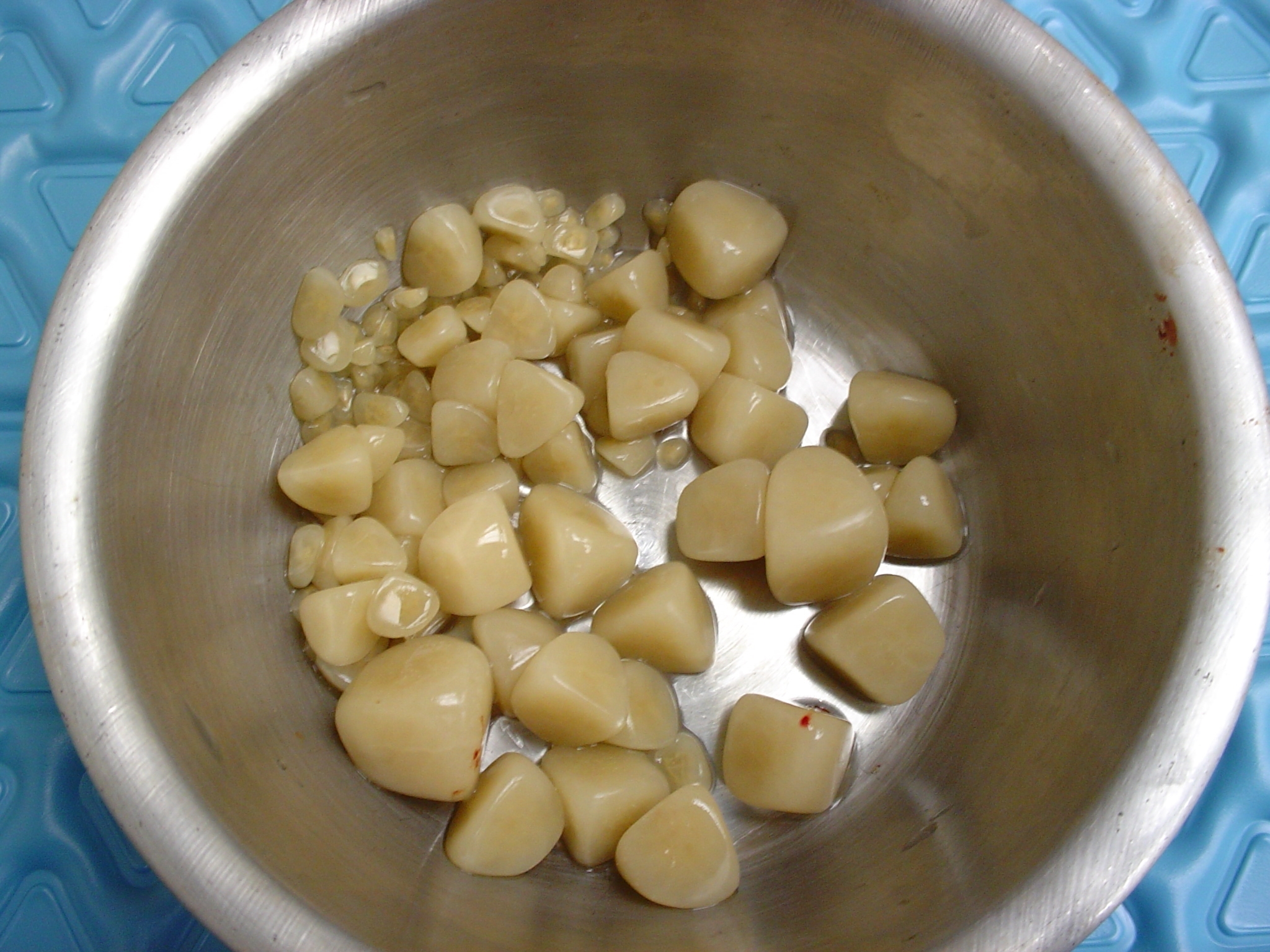
Whether your cat or your dog has a minor lump removal or major surgery, there are some basic things you should know.
After your pet has surgery, the surgeon & nurse team will answer many of your questions spontaneously. Still, it is useful to know what to expect and what to ask in case all of your questions are not answered.
What do you need to know about your pet’s postop care?
Here are 5 common questions you should get an answer to during the consultation and/or the discharge process.
1. What medications do I need to give after surgery – and how?
After surgery, your pet will be dispensed pain medications and antibiotics.
Which drugs exactly will vary greatly on the nature of the surgery.
It is important to understand what you are giving, how much, how often, and why.
You should know which drug is a pain killer and which one is an antibiotic.
In addition, please ask how to give the medications.
I suspect that too often, we assume that all pet owners know how to give pills.
If you are not sure, please ask the nurse who goes over discharge instructions with you.

2. What are possible side-effects of the medications after surgery?
A medication label should specify the name of the drug, how long to use it, how to give it, how often to give it and whether to give it on an empty stomach.
Also, you should be aware of the side-effects and what to do should they occur.
Typically, stop the medication you think is the culprit and call your vet or an emergency clinic ASAP.
Also make sure you ask about other medications you may need to give instead, and if there might be interactions.
3. Will physical therapy help my pet after surgery?
We know that pets can benefit from physical therapy (aka rehabilitation or rehab) just as much as people do.
Especially after orthopedic or neurological surgery, your pet may go home with an exercise schedule to compensate for the strict confinement.
This goes from “bicycling” and range of motion, to short leash walks and swimming.
Also remember that professional pet physical therapists may be able to help you with rehab.
4. What about the lab tests sent after surgery?
If your pet has some kind of lab test performed (biopsy, culture, bladder stone analysis), you should ask:
* When will the test results be back?
* Should I call the surgeon or will they call me with the results?
* What is the next step after we get the test results?

Huge bladder stones from a 5 year old Rottie. We removed 178 stones total!
5. Are there any other special instructions after surgery?
Your surgeon will (should) type up any special instructions after surgery.
They might include taking care of a wound at home, doing physical therapy, or giving a special food.
These are 5 important points to understand before your pet has surgery.
If you would like to learn how we can help your pet with safe surgery and anesthesia, please contact us through www.LRVSS.com
Never miss a blog by subscribing here: www.LRVSS.com/blog
Phil Zeltzman, DVM, DACVS, CVJ, Fear Free Certified
Pete Baia, DVM, MS, DACVS
